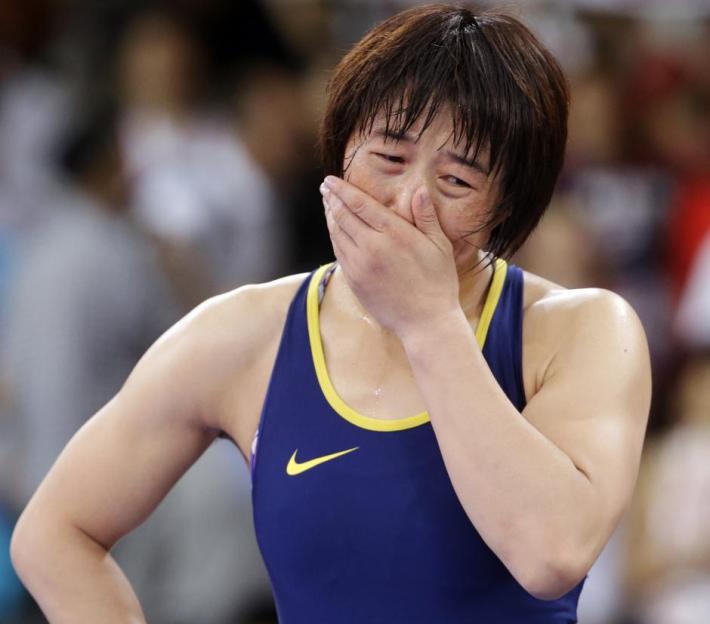Wrestling has been in the Olympics for more than 2,600 years but looks almost certain to be axed from 2020 onwards after the Executive Board of the International Olympic Committee (IOC) recommended that wrestling no longer be included in the list of core sports. It has a final chance to save itself, but only one of baseball/softball, karate, roller sports, sport climbing, squash, wakeboarding, wushu and now wrestling will be chosen for inclusion when the Committee meets again in May.
So who loses out and who will likely gain from this?
Russia and Japan each won four gold medals in London last year, with Russia’s 11 total medals leading Azerbaijan’s seven, with six each from Japan, Iran and Georgia. Russia also dominated in Beijing in 2008 (six golds, 11 total medals), with Japan (six medals) and Ukraine and Kazakhstan (five medals each) next in line. In fact, it’s hard to see this as anything other than a massive slap in the face for the former Soviet countries who combined to win almost half the total medals on offer in 2012, and well over half in 2008.
Japan is the other clear loser from this decision, though Tokyo is the frontrunner to host the 2020 Olympics, so they presumably would be happy to lose the battle but win the war, especially if karate replaces wrestling in 2020.
In the China vs USA race for the top, China gets a slight bump if London’s medallists are taken out of the equation: Jing Ruixue, pictured above after losing out on a gold medal, won China’s sole wrestling medal (silver in the women’s 63kg freestyle division), while the US won two gold and two bronze medals.
The biggest winner is the sport of modern pentathlon, which was widely expected to be dropped before wrestling’s surprise body slam. Assuming wrestling does not get a last-minute stay of execution (though final presentations by each sport do take place in Russia, so you never know), it’s been argued that karate may now have an edge if one combat sport is to replace another. Wushu, which was an exhibition sport at the Beijing Olympics and would be a popular choice with the Chinese, is only seeking entry for its non-contact form of the sport, so wouldn’t gain an edge on these grounds.
Elsewhere, softball and baseball have been in and out of the Games and the IOC may not want to risk them again. Wakeboarding pushes the Olympics’ hip and trendy agenda (see the inclusion of slopestyle in the Winter Games) to appeal to a younger audience. Squash is one of the favorites, but Egypt could dominate (with five players in the men’s top 10), and the sport is perhaps a little too colonial (i.e. Commonwealth) in nature. Sport climbing is popular in Europe, but how many people outside of the Alps have actually seen it on TV before? Finally, there are roller sports, a cross between speed skating and cycling, where, interestingly, Taiwan Chinese Taipei could have a chance to win a medal – and after winning just two medals in London, it could do with a boost.
My gut says karate or wakeboarding, but as international sports organizations have shown time and again, these decisions are based far more on insider lobbying than what the public actually wants. So as long as China generously offers to rebuild the IOC’s headquarters in Lausanne, wushu should be in the bag.




3 thoughts on “Wrestling’s Olympic snub: winners and losers”